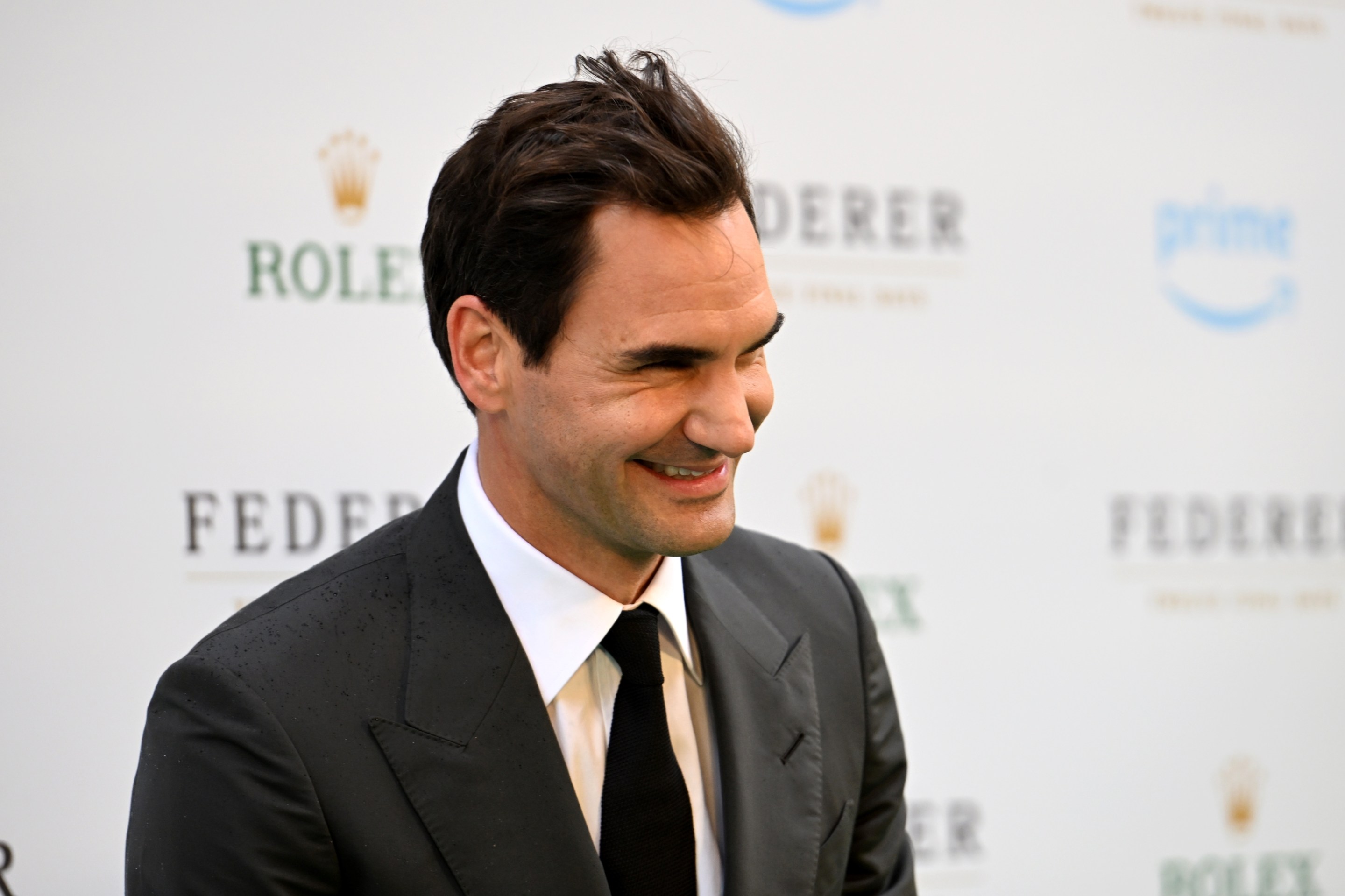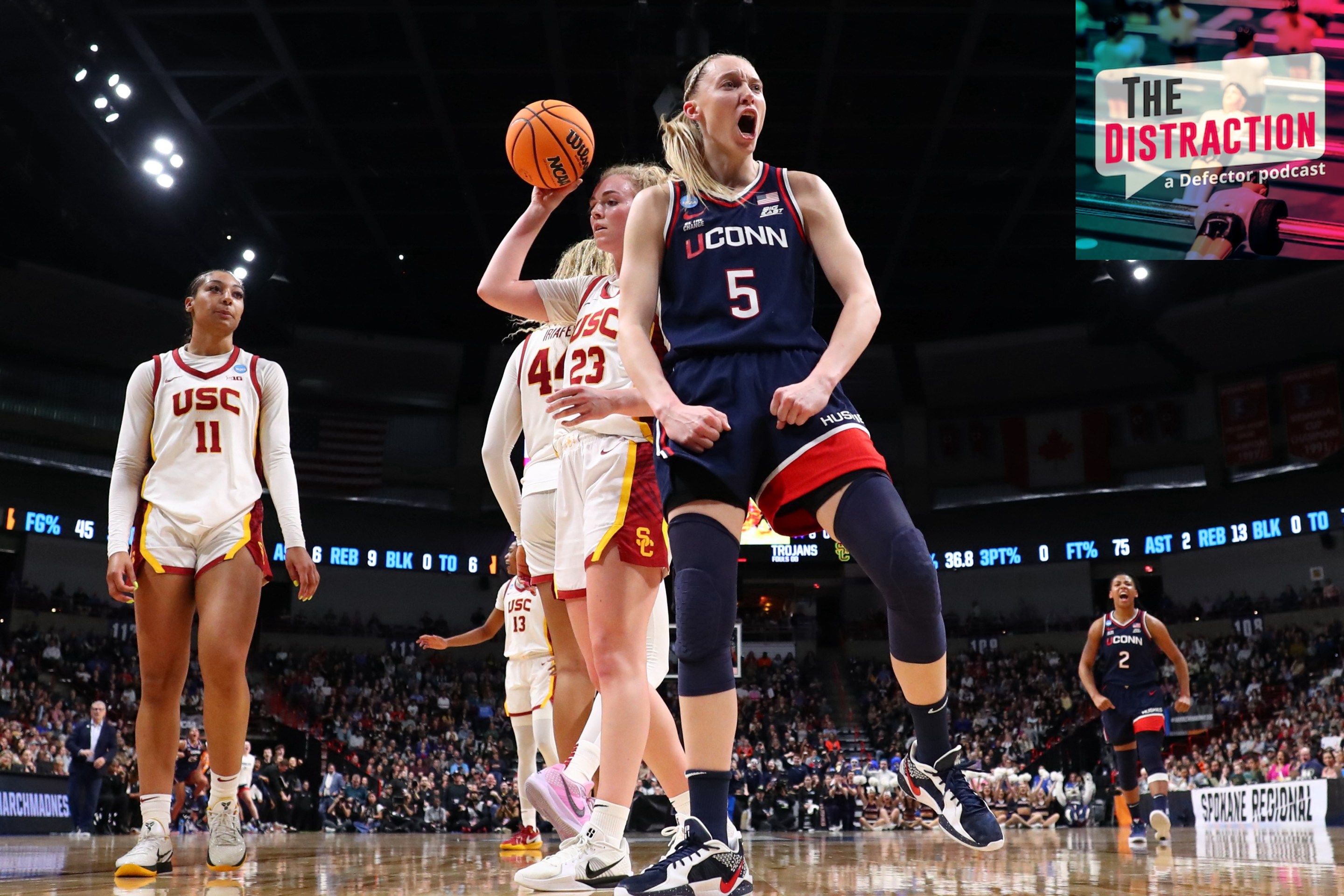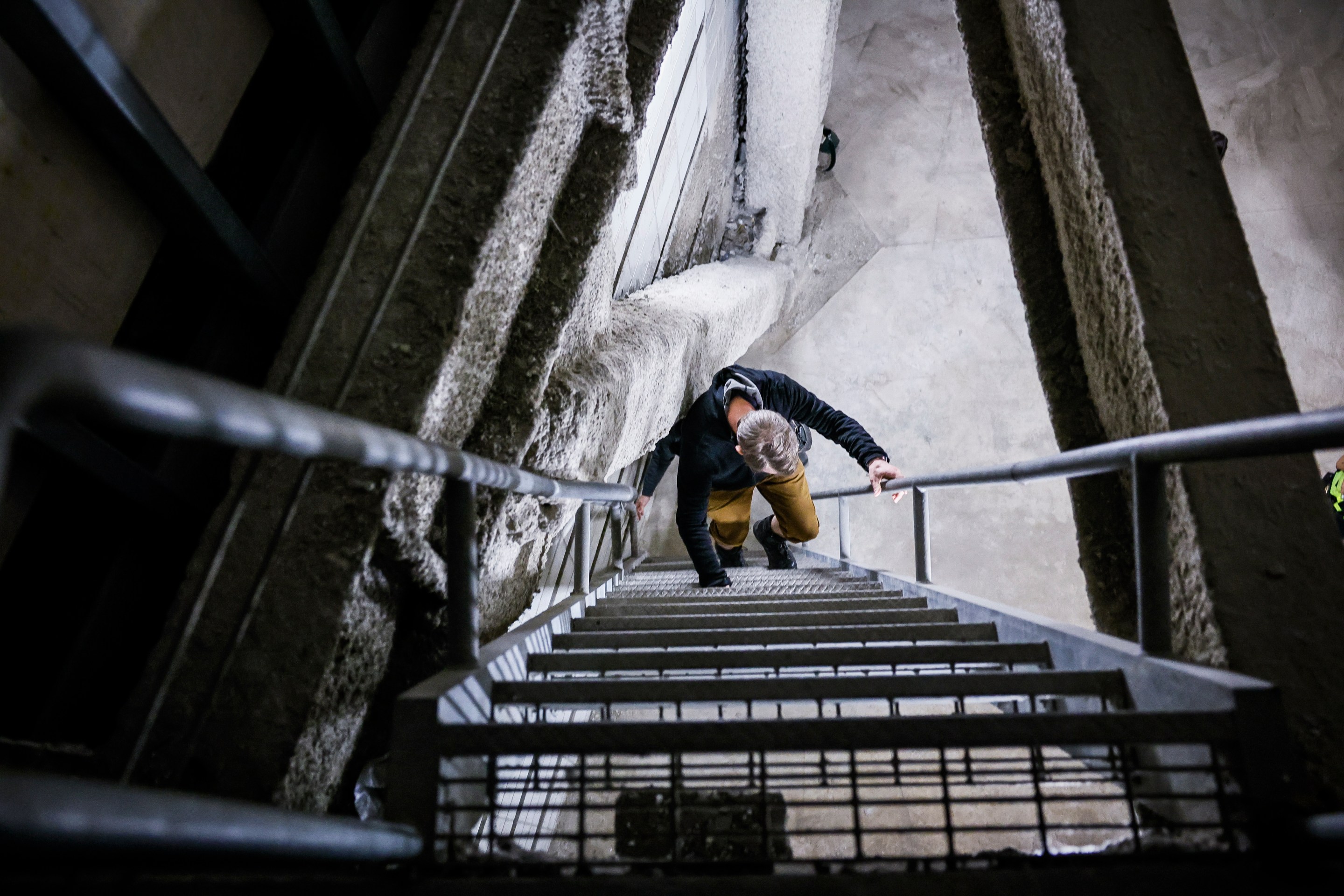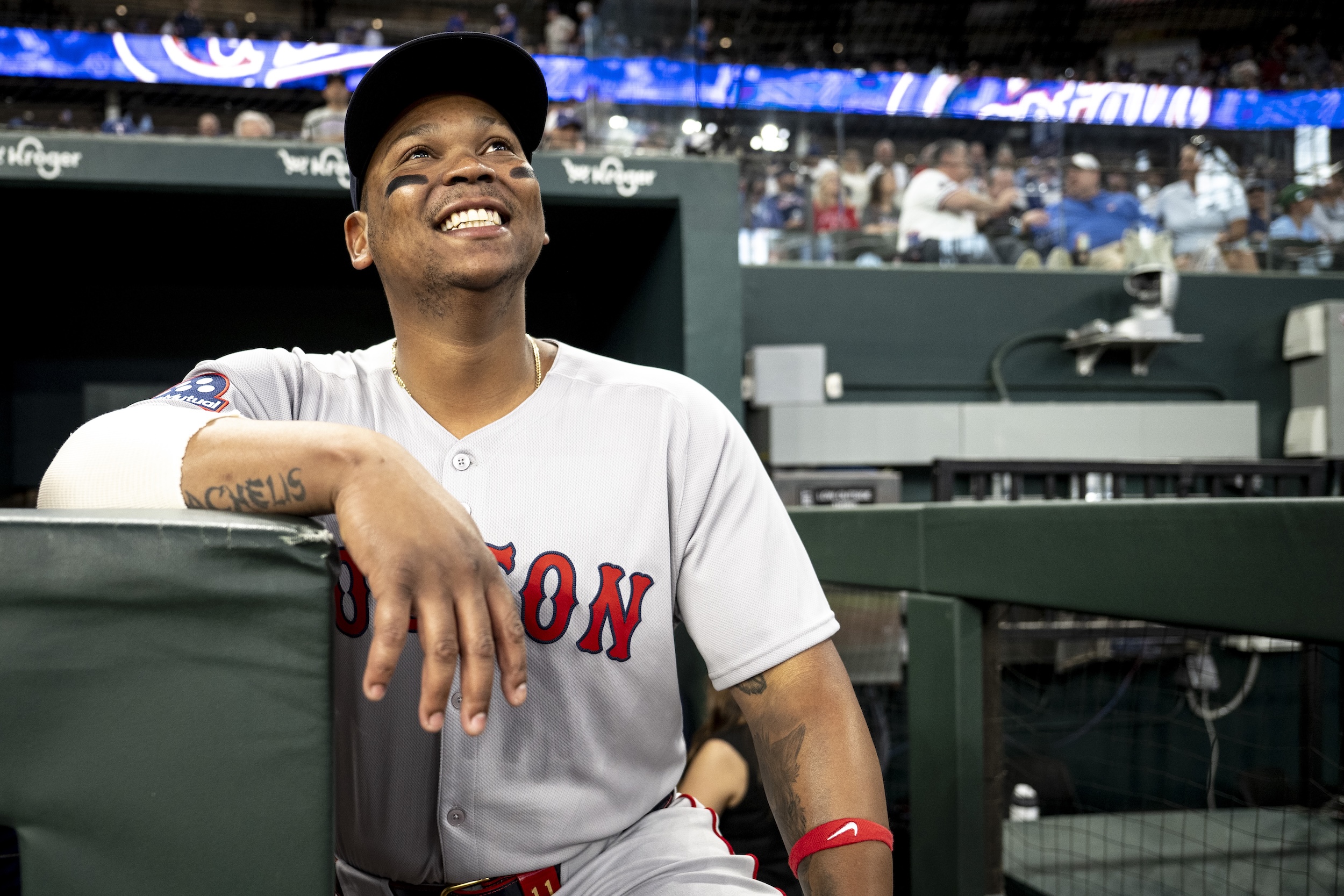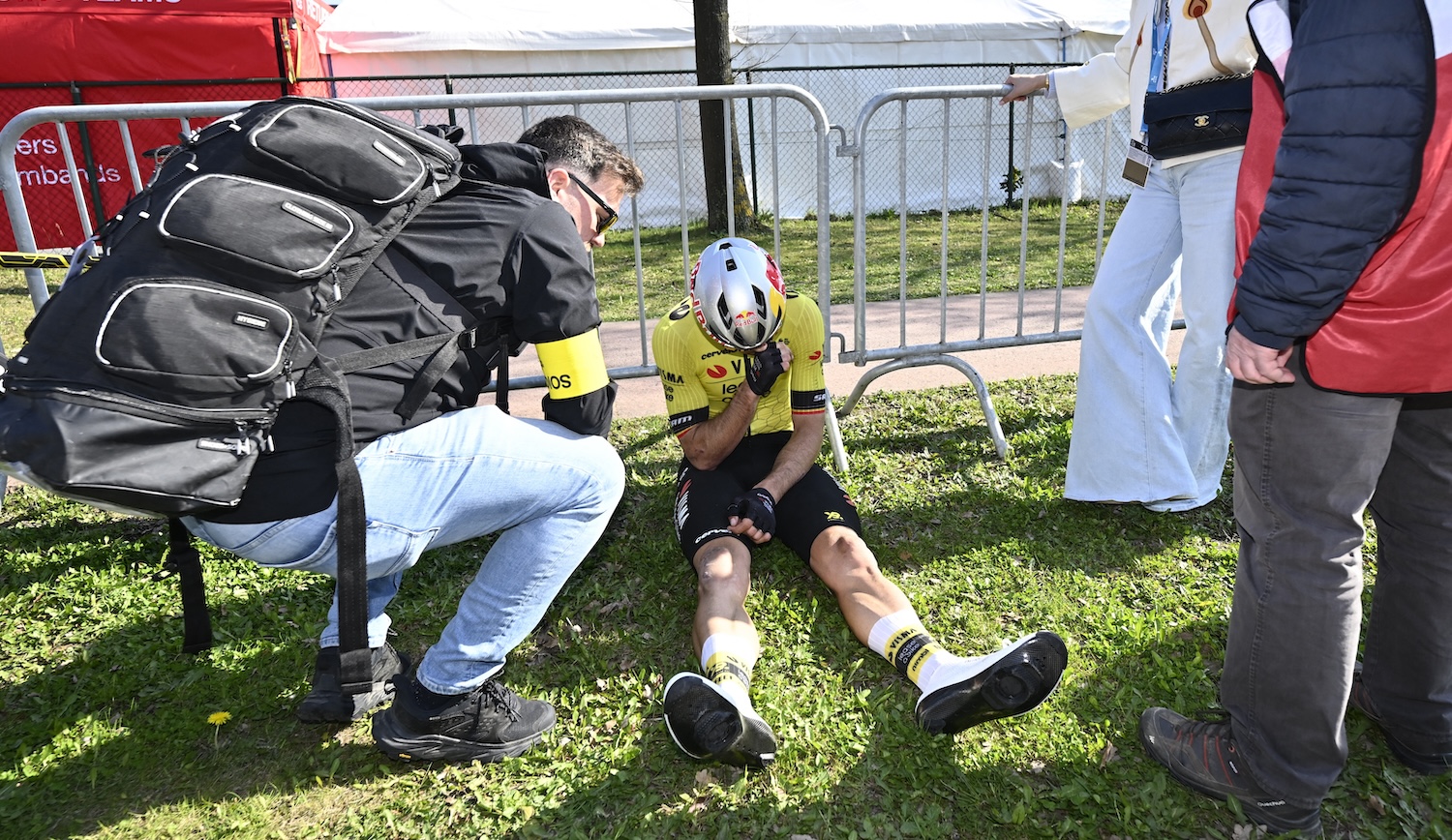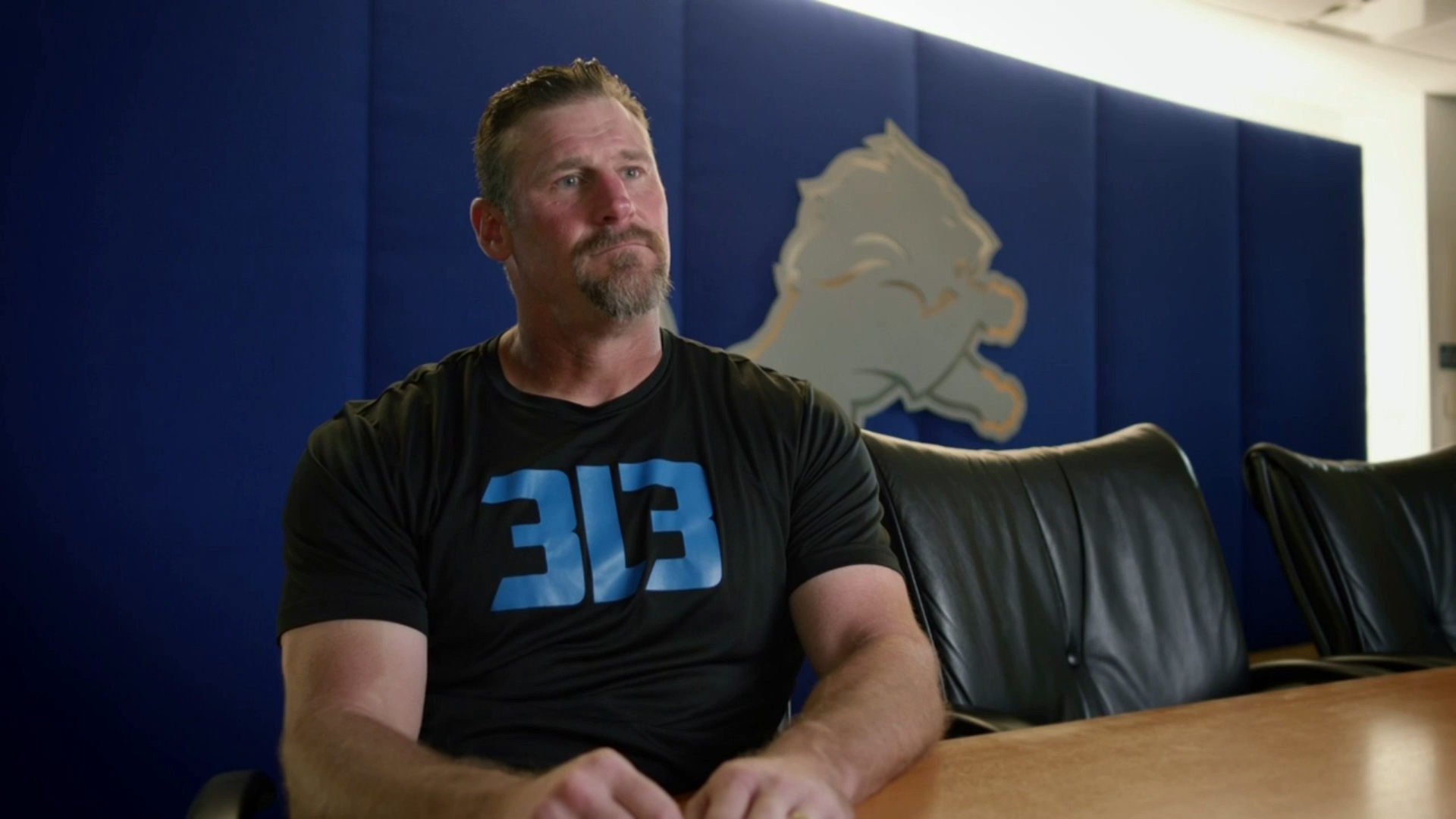Roger Federer has won 20 major titles and over 100 tournaments overall, once held the world No. 1 spot for 237 weeks in a row, and was competitive at the top level of tennis from 2003 to 2019 without a single lapse not related to injury. And yet it can feel at times like none of that is central to his legacy. When certain people talk about Federer, they speak of his aesthetically pleasing style before any of his glittering accolades. In Federer: Twelve Final Days, a new documentary that follows the tennis legend through the last 12 days of his career, directors Asif Kapadia and Joe Sabia pay yet another tribute to the beauty of Federer's game.
I'm more skeptical of the idea that grace matters in sports. Though I loved watching Federer play, it wasn’t because certain flicks of his racket made my heart burn. The name of the game is wins and losses—beauty is subjective but also secondary. Federer, though, always seemed to have the capacity to make beauty an objective phenomenon. I could argue that the endless fawning over his backhand follow-through can obscure the fact that Federer’s backhand is historically the weakest part of his game (and have, probably too many times), but that would just be spoiling the party. Besides, he significantly improved that stroke from 2015 onwards.
Twelve Final Days isn't interested in spoiling anything, nor does it really seek to complicate or enrich well-established ideas about Federer's place in the game. Nobody talks about Federer’s forehand in the documentary, an objectively powerful laser cannon with pinpoint accuracy from all over the court, and one of the two or three best forehands of all time. Instead, it adheres to the same tenets of Federer Studies that became inescapable after David Foster Wallace published "Roger Federer as Religious Experience" in 2006. Wallace acknowledged that beauty is not the goal of sports, then proceeded to highlight Federer’s backhand over his forehand and describe a point in which Federer hit a rare backhand winner against Rafael Nadal, as if it represented what Federer was typically capable in that rivalry. The essay is stunning, but lets Federer's sorcery muddle its credibility.
Yet even Nadal is under the spell. In Twelve Final Days, Federer partners with his old rival to play doubles for his farewell match at the 2022 Laver Cup, his knee unable to support him for singles. Nadal introduces him at an event the night before: “If we talk about the perfection on the tennis court, probably it’s him.”
Nadal’s not talking about skill here. He had Federer’s number for most of their careers, beating him in 23 of their first 33 meetings and 24 of 40 times total. You wouldn't know it from reading “Roger Federer as Religious Experience” (though Nadal led the head-to-head just 6–2 when it was written), but Nadal did that principally by waging war against Federer’s backhand. The closest thing to perfection on a tennis court is probably Novak Djokovic at his peak, who ironed out every last weakness in his game and could reliably hurt an opponent with any shot. That’s reflected in the numbers: Djokovic has won 24 major titles to Nadal’s 22 and Federer’s 20. Nadal must know this—while he always led the head-to-head with Federer, he trails Djokovic, 29–30. I think Nadal is talking about beauty, not literal tennis perfection, but Federer’s tennis has convinced him that they are one and the same.
Though Twelve Final Days does dwell on the visual appeal of Federer’s style a bit too much for my liking, the primary focus is good old feelings. “Sports people die twice,” Federer’s longtime coach Severin Luthi says at one point. Their fans might too, and just about everybody is a Federer fan, so tears flow easily throughout the documentary. Everyone is involved. Federer’s wife, Mirka, grants rare interviews—aside from clips of her on court with Federer during her playing days, back in 2000, this is the first time I’ve heard her speak.
Federer might play like a god, but emotionally he is like a big kid. He laughs at his own jokes and is quick to tears. He runs through gratitude, fear, anxiety, love, comfort, and awkwardness like they’re practice drills. “Those nerves and those knots in the tummy, it gets draining after a while,” Federer says early on of tennis's stresses. He sighs and rubs his eyes in the middle of his sentence, as if reliving a particularly nasty shock of anxiety. It’s the most relatable thing I’ve heard him say. Where he deviates from a typically human bundle of feelings is in how quickly he seems to get over his array of emotions. Shortly after each wave of tears, he’s happy or joking or satisfied again.
The documentary eventually zeroes in on Federer’s relationship with Nadal, though Rafa doesn’t appear until just past the halfway mark. Nadal may have been enraptured by Federer like everyone else, but he was everything Fed wasn’t. Not only did he slash Federer’s silky backhand to bits with wicked forehands, he grunted and sweated like an impassioned animal as he did it—for each still of Federer following through on a backhand, looking like he’s expending the effort of drinking a particularly crisp sparkling water, there’s one of Nadal snarl-moaning as he hits a forehand, his muscled left arm swirled behind his head. Federer and Nadal have always been friendly by the standards of a hotly contested rivalry, and due to their stylistic contrast were a perhaps unprecedentedly popular matchup. But they had their little spats, too—Nadal accused Federer of passivity to maintain his gentlemanly image in 2012; Federer complained about Nadal’s grunting in 2014. Nadal has always been clear that they are not best friends, just good friends.
In Twelve Final Days, they speak of each other like spouses. “I think there’s really two things only I realized that would trigger me [emotionally],” Federer says after he and Nadal lose their doubles match. “And that was Mirka and then the Rafa angle.”
Rafa, meanwhile, says that playing Federer in a major final was different from playing anyone else. “To know that I will not have this feeling again for the rest of my life … it’s painful.” I’m fascinated by his word choice—he’s hurt. Never mind that Federer and Nadal’s last major final was in 2017, more than five years before the events of the documentary; Nadal sounded like he was talking about love. Like Nadal’s reverence for Federer’s play style, I can’t quite figure this out—Djokovic played each of them more times than they played each other, and certainly pushed Nadal harder than Federer did. Is it that Federer–Nadal was the earliest rivalry, and you never forget your first? That Federer was the gold standard when Nadal hit the tour and motivated him to aspire to what he became? I’d watch another documentary exclusively about the timeline of this friendship.
Djokovic features as well, and is a fantastic sport throughout even as he continues to be the third wheel. Federer admits to being dismissive of him early on, noticing his technical flaws in their first meeting in 2006. That match actually had moments that were a harbinger of things to come; Djokovic won a set comfortably and saved a couple match points with winners before Federer put him away. It’s at times like this when Federer’s understanding of his own skill can cross over into slight arrogance. Djokovic, who took the high road when the tide of their rivalry changed and continued to heap praise on Federer as he beat him repeatedly, would have been within his rights to feel out of place at Federer’s grand farewell. But you’d never know it from watching. He’s easygoing, bantering with Roger, and proves as susceptible to the waterworks as anyone in the end.
Prior to Federer's final doubles match with Nadal, a fan begs to the camera, crying: “Please don’t stop playing. Please, just keep on playing. Please just don’t stop.” The RF–emblazoned cap she wears was by far the most popular article of clothing I saw when I went to Roland-Garros in 2022, a tournament in which Federer did not play. Roland-Garros was Nadal’s tournament, but still Federer’s crowd. He has a hold over his fans that manifests not so much as obsession or admiration, but as pure love.
Those who love Federer can perhaps take solace in the fact that he seems to be doing just fine in retirement. In his most significant interview since leaving the game for good, with Zach Baron of GQ, Fed was asked if he misses tennis. The man’s response: “Not really, actually.” He said his schedule allowed him to watch just one full tennis match in 2023, and he didn't seem upset about it. Federer’s a busy guy. He’s at peace. He can’t keep us under his spell anymore. But there's beauty in that, too. New players will inevitably come along and transfix tennis fans with their own styles, and the urge to love will return.
